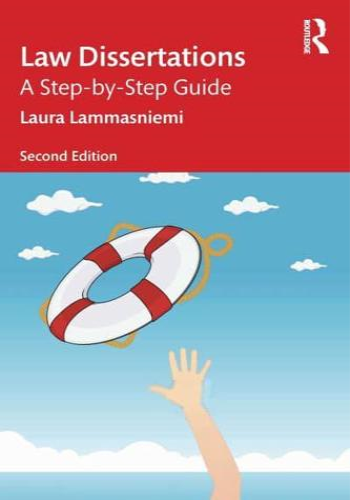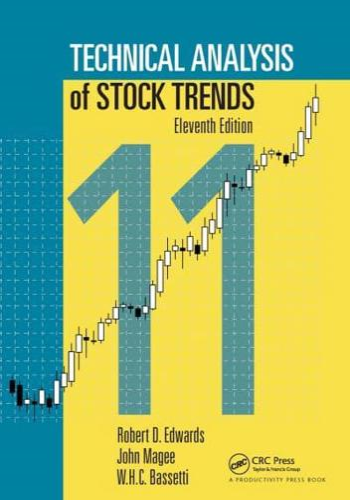'I like listening to people who know things that I don't,' Gareth Southgate told me. 'That's how you learn.'
Former Olympian and best-selling author Matthew Syed is one of the advisors Gareth Southgate engaged from outside football in order to find new ways of working as a team. In Rebel Ideas, discover how Southgate 'the man with the plan' replaced 50 years of hurt with two major tournament semi-finals in three years.'
Matthew Syed's phenomenal bestseller will change the way you think about success - for ever.
'Syed is a superb storyteller. I couldn't put the book down, and I learned so much. A stunning achievement' Tim Harford, author of The Undercover Economist
Rebel Ideas examines the power of 'cognitive diversity' - the ability to think differently about the world around us.
It explains how to harness our unique perspectives, pool our collective intelligence and tackle the greatest challenges of our age - from climate change to terrorism. It draws on a dazzling range of case studies, including the catastrophic failings of the CIA before 9/11, a fatal communication breakdown on top of Mount Everest and a moving tale of deradicalisation in America's Deep South.
Rebel Ideas will strengthen any team or organisation, but has dozens of individual applications, too: from the art of reinvention to the remarkable benefits of personalised nutrition. It shows us how to become more creative, how to collaborate in a world becoming more interconnected, and how to break free of echo chambers that surround us all.
Now updated with a new chapter on the Covid-19 crisis
'A gripping read, full of intelligence and perspective' James Dyson
'Will change the way you think about success and even about life' Judy Murray
'A master of the genre' The Times






